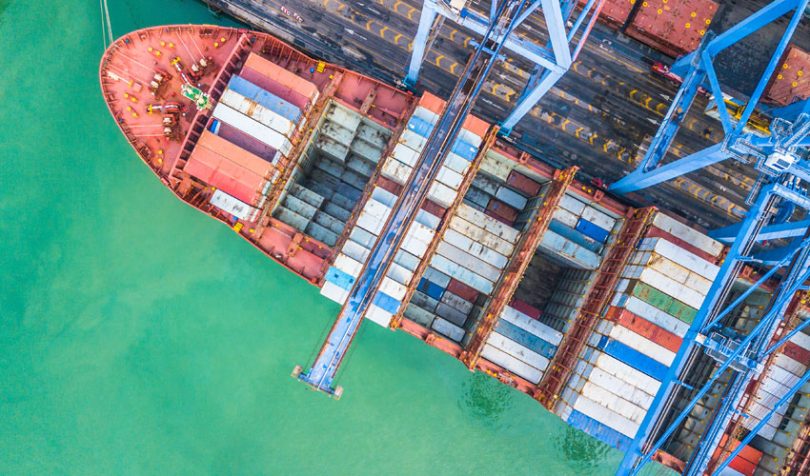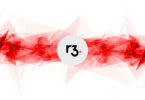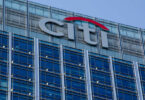The Marco Polo trade finance blockchain now has multiple banks in production. Today Commerzbank and LBBW announced transactions on the platform which were not simply pilots. In both cases, the buyer’s bank issued an irrevocable payment commitment to the supplier. We believe Commerzbank, LBBW, and Turkey’s İşbank are the first to go live on Marco Polo.
What’s different about Marco Polo is the deep integration, both for the bank and corporates, and the automation that enables. It plugs into the corporate’s ERP system, although it also supports spreadsheet uploads for those that have not yet performed integration. Hence, it’s possible to match the trade data and the irrevocable payment undertaking takes place digitally.
The first transaction involved the export of laminated glass from Germany to Turkey with Commerzbank working with Kuraray Europe GmbH and Turkey’s İşbank with the buyer Şişecam.
Last week German pump and valve manufacturer KSB supplied special couplings to technology group Voith. That transaction involved Commerzbank and LBBW, which have both been very active participants in the blockchain consortium for some time. The same group of organizations executed their first pilot just over two years ago.
“The Marco Polo platform, and technologies such as blockchain and distributed ledger, are allowing us to raise our trading processes to a new, paper-free, and – most importantly – secure level,” said KSB’s Dr. Matthias Schmitz.
The solution runs on the Corda enterprise blockchain, which means that only parties to the transaction see the data.
“This is absolutely the right time for this innovation to come along. The coronavirus pandemic has shown how susceptible to disruptions paper-based settlement is. Thus, it is all the more important that we can offer our clients a secure, efficient, and fast digital trade finance process with Marco Polo,” said Dr Christian Ricken, LBBW member of the Board of Managing Directors.
Marco Polo was founded in 2017 by R3 and TradeIX, which is the network operator and primary developer. TradeIX boasts investors such as ING and Accenture. So far, at least 26 banks have signed up to the network and several corporates, including Daimler and Mitsui. Some high-profile bank participants include Bank of America, BNP Paribas, BNY Mellon and ING. A recent BAFT survey ranked Marco Polo as the most popular amongst the ‘big 4’ blockchain trade finance networks.
Daniel Cotti of TradeIX said the transactions are “proof that digital end-to-end settlement processes with a high degree of automation and an electronic data exchange are possible, and will become a reality in trade finance. “






